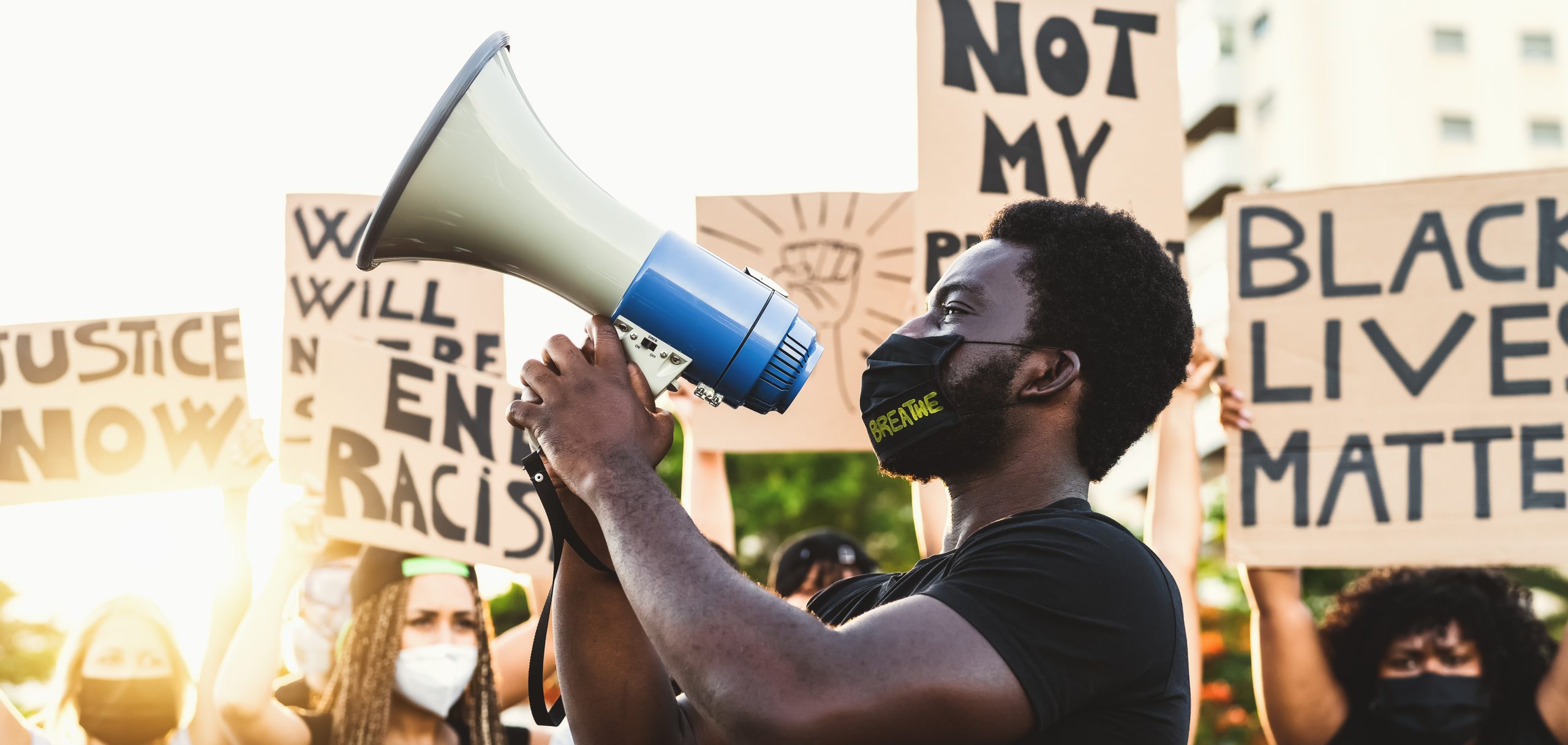House Bill 2, Senate Bill 3, and Senate Bill 115 would redefine the word “riot” to mean “an assemblage of five or more persons engaging in conduct which creates an immediate danger of and/or results in damage to property or injury to persons.” If a person attends such an event, as defined by law enforcement officers in the moment, they face a mandatory 30 days in jail and a mandatory 24-hour hold in jail without bail for anyone arrested. These bills would also create a new offense of “unlawful traffic interference” for “intentionally or recklessly imped[ing] vehicular traffic by walking, standing, sitting, kneeling, lying, or placing an object” in a highway and would punish financially any jurisdictions that cuts police funding.
In addition, SB17 and HB21 would stifle environmental and climate activists by adding fossil fuel facilities to the list of “critical infrastructure” protected by state law and by imposing harsher punishments for tampering with or trespassing on such facilities. These bills are all attempts to copycat the dozens of other state legislatures that have passed harsh anti-protest laws in the years since protests against the Dakota Access Pipeline in 2017 and demonstrations against the killing of Black people by police in 2020.
Proponents of HB2 and SB3 justify these measures by pointing to property damage that occurred during the racial justice protests of the summer of 2020. These proponents would address a few instances during a largely non-violent march for racial justice by granting police far more power to crack down on any public gatherings — all based on an officer’s subjective appearance of what appears to be an “immediate danger.”
As Rep. Coleman asked on Feb. 9, when the bill came before the House Judiciary Committee, “How do we make sure bad actors don’t use this provision in the law disproportionately against communities of color who they make an assumption are thugs, criminals because of their perception of what a thug and criminal looks like[?]”
These provisions give police officers a lot of discretion to decide the difference between a legal march and an illegal riot. This would be intimidating to many people who want to attend a peaceful march but would not want to be arrested. In the state where the Civil Rights Movement was born, where the commemoration of the Selma to Montgomery march happens every year, this bill would silence large-scale protests for civil rights.
Another set of restrictive bills, SB17 and HB21, mimic a model bill crafted by a thinktank called American Legislative Exchange Commission, better known as ALEC. Supporters of these measures say that they are necessary because “the penalty for damaging these assets should fit the crime.” This punitive approach to any damage caused to fossil fuel infrastructure does not extend to any damage caused by fossil fuel infrastructure, such as when the Colonial Pipeline exploded and spilled 11,800 barrels of gasoline in Shelby County in 2016.
If state lawmakers were really concerned about disruptions to utility operations, they would pay attention to predictions of the long-term volatility of the fossil fuel market. They would change utility companies’ incentive structures to encourage the growth of cost-saving clean energy facilities — not the wasteful expansion of expensive fossil fuel infrastructure. They would focus on pivoting away from Alabama’s addiction to dirty energy, not protecting the interests of the oil and gas industry even further.
Instead, Alabama politicians are doubling down. In addition to the harsh punishment provisions, these bills would criminalize the operation of a drone near fossil fuel infrastructure. Amateur drones were important tools for activists in the struggle against the Dakota Access Pipeline in Standing Rock in 2017. The magnitude of the protests against that pipeline were caught by drone camera footage that spread rapidly across social media. This bill seeks to protect fossil fuel corporations from public scrutiny — and therefore allow further secrecy to an industry that spent decades secretly spreading public disinformation about the harmful effects of its operations on the global climate.
These bills are not necessary. Trespass, property destruction, and violence are already outlawed. These bills would not make anyone safer, but they would protect corporate interests. They would do so by chilling legitimate speech.
Freedom of speech and the freedom of assembly are among the most important rights protected by the First Amendment. These pieces of legislation attempt to restrict those rights and therefore, if enacted, would put Alabama taxpayers on the hook for the state’s legal fees in an inevitable First Amendment challenge.
Protest is necessary in a functioning democracy. It is especially vital in a representative democracy in which two-thirds of the population believes the federal government should do more to address climate change, but representatives continue to vote down any meaningful legislation on the issue.
When people in power refuse to take effective action to prevent climate catastrophe, when the right to a meaningful vote is under attack, when corporate interests eclipse community interests, and when demands for meaningful racial justice are vilified or ignored— that moment is precisely when we need our right to protest. That moment is now, and we must defend that right.


